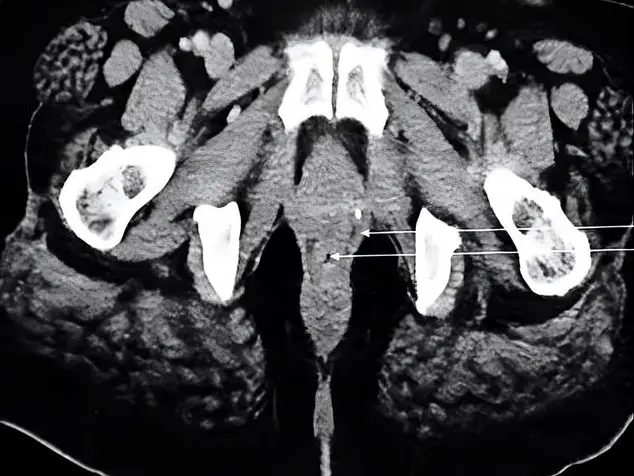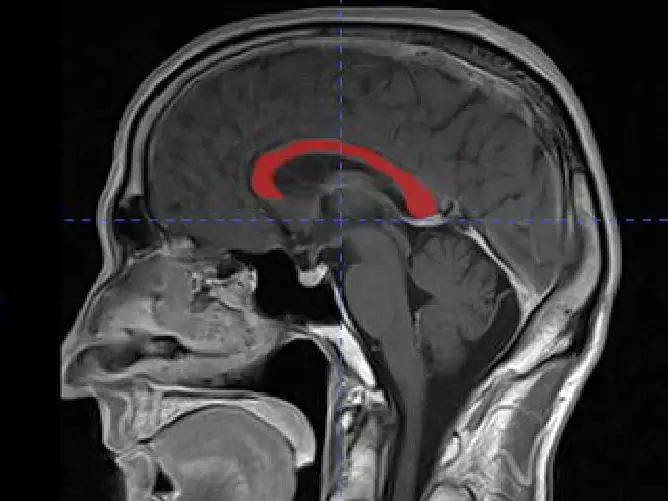The purpose of this study is to investigate the histological and hormonal observations in fructose-fed, letrozole-induced polycystic-ovarian-syndrome (PCOS) rats treated with various doses of extract of asparagus racemosus (EAR) and Steroidal saponin (SAPO). 48 female Wistar albino rats were divided into 8 groups, including Vehicle Control (VC); PCOS; EAR 400 mg/kg; SAPO 40 mg/kg; PCOS + EAR 200 mg/kg; PCOS + EAR 400 mg/kg; PCOS + SAPO 20 mg/kg; PCOS + SAPO 40 mg/kg. PCOS group was administered letrozole at a concentration of 1 mg/kg dissolved in 1% CMC per oral(p.o.) once daily for 28 days. Along with these, rats were allowed free access of 10% fructose solution daily. Calculated dosages of EAR and SAPO were given with oral gavage for 30 days. During experimental period, vaginal smears were collected daily for estrus cycle determination. Rats were sacrificed and blood samples were collected for hormonal assay. Ovaries were removed to proceed with histopathological study. Slides were stained using hematoxylin and eosin (H&E) stains. When compared to the vehicle control group, PCOS ovaries had a higher incidence of ovarian cysts, incomplete luteinization, and a lower number of corpus lutea. Although serum estradiol, progesterone, and Follicle-stimulating hormone (FSH) levels were lower in the PCOS group, testosterone and luteinizing hormone (LH) levels were higher. The findings of this study indicated that taking EAR 400 mg/kg and SAPO 40mg/kg orally could alleviate PCOS-related symptoms. It appears that consuming SAPO 40mg/kg reduces LH and testosterone levels while increasing FSH, estrogen, and progesterone hormone levels. Because of the hormonal balancing nature of these drugs, EAR 400mg/kg- and SAPO 40mg/kg-treated rats had a lower number of cystic follicles and a higher number of corpora lutea. In PCOS rats, this results in a normal process of folliculogenesis and ovulation. In the current study, we observed that SAPO 40mg/kg is better compared to EAR 400mg/kg treatment.
Microstructural evidence of reversal of PCOS by steroidal saponins of asparagus racemosus in PCOS induced rats
M. Vani1, P. Preethi1, D.H. Gopalan1, S. Manikandan2, V. Vijayakumar3, C. Swathi Priyadarshini1
1Department of Anatomy, Tagore Medical College and Hospital, Rathinamangalam, Chennai, India
2Department of Physiology, Tagore Medical College and Hospital, Rathinamangalam, Chennai, India
3Department of Anatomy, Saveetha Medical College and Hospital, Saveetha University, Chennai, India
SUMMARY
Eur. J. Anat.
, 26
(6):
645-
657
(2022)
ISSN 2340-311X (Online)
Sign up or Login
Related articles
Original article
Original article



